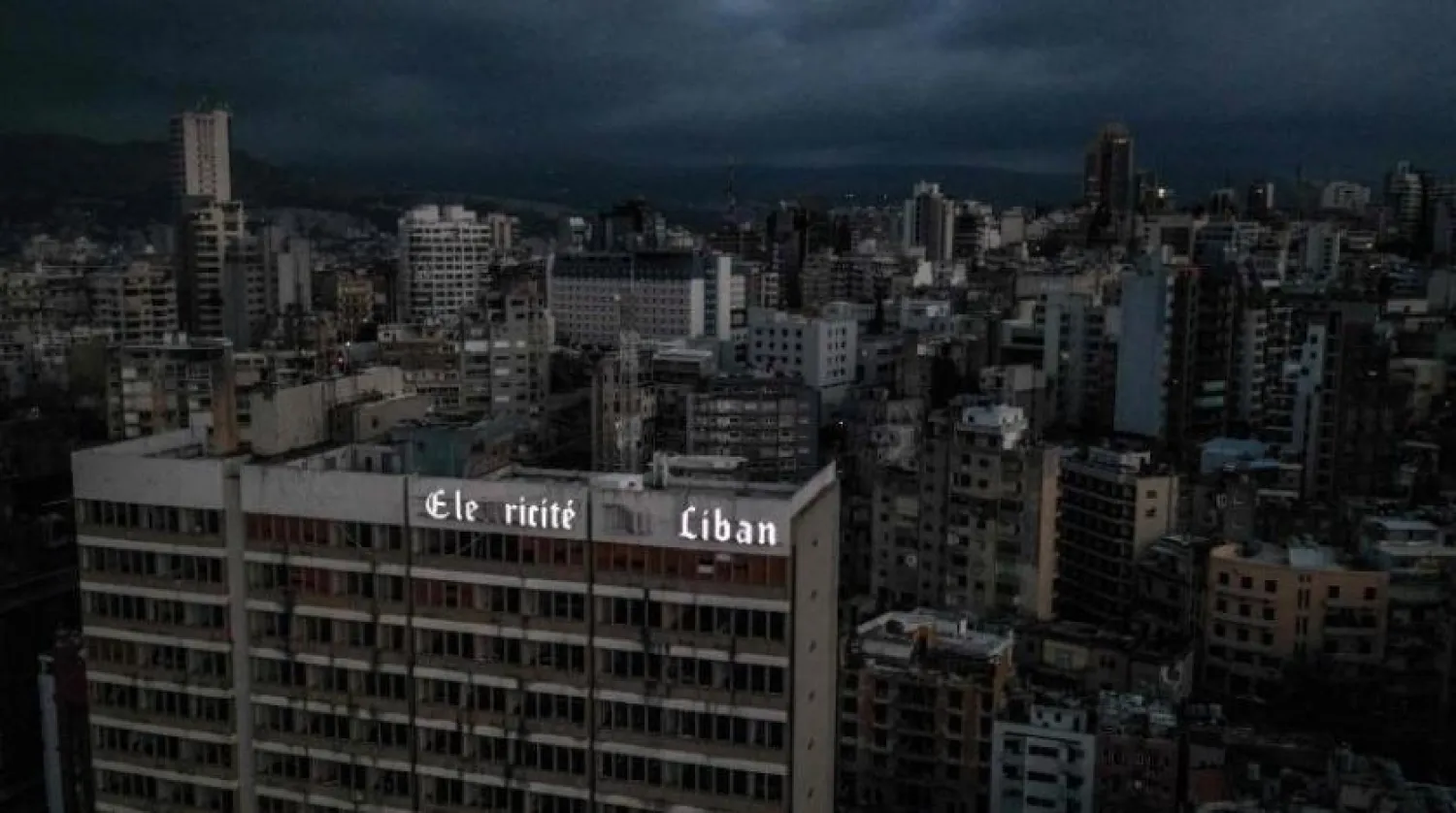Egypt is still seeking assurances that US sanctions will be waived to start exporting gas to Lebanon through Syria under a plan first announced in 2021 to help ease Lebanon's power crisis, a senior French official said on Tuesday.
The plan also has yet to go to the World Bank board, which will assess reforms of Lebanon's electricity sector that are preconditions for it to release a $300 million loan to finance the gas exports over 18 months, said Pierre Duquesne, France's envoy on international support to Lebanon.
Duquesne was visiting Cairo before travelling to Jordan and Lebanon this week and to the United States later in February "to try to help as much as we can to go beyond the various statements of principle", he told reporters in Cairo.
Alongside Egyptian gas for power generation, the plan includes the export of electricity from Jordan to Lebanon via Syria and could add up to 700 megawatts to Lebanon's grid.
Lebanese state power stations have gone almost entirely offline, while fuel subsidy cuts have caused the costs for private generators to skyrocket.
Duquesne said technical pipeline obstacles to exporting the Egyptian gas had been resolved and there were no hold-ups over the pricing or quantity of gas, but concerns over exposure to US sanctions against Syrian President Bashar al-Assad's government had not been settled.
"My Egyptian counterparts today told me, 'we want something precise'," he said. "There is a problem of exemption ... and that concern should be dealt with not only on a political basis but on a legal basis."
Reforms to Lebanon's electricity sector demanded under the plan include accounting for losses caused by power grid leaks or theft and restructuring the national regulator.
These could be carried out in two years but would face political resistance in a country operating for months under a caretaker government and no president, Duquesne said.









